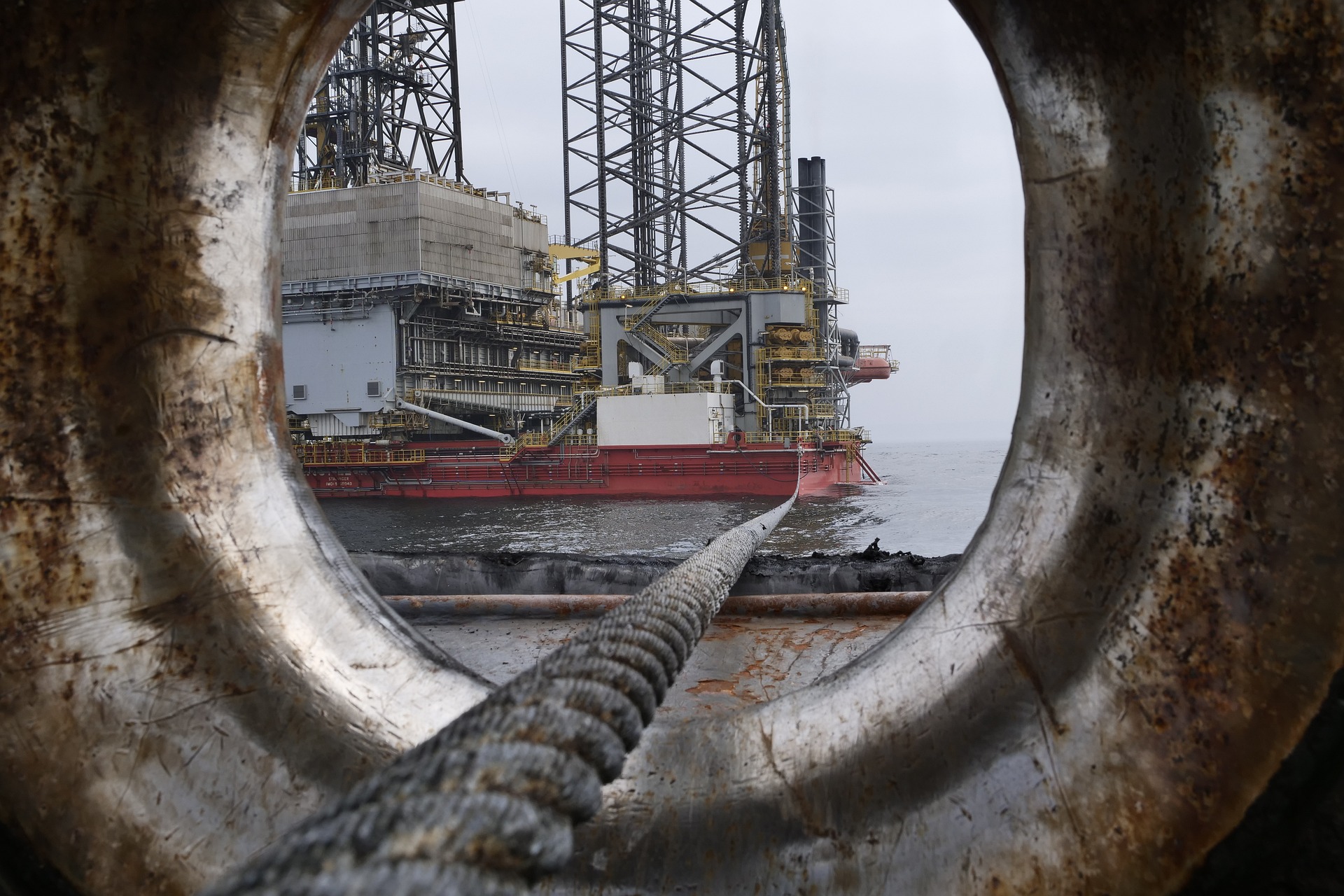
Ensuring Job Security
The global energy landscape is changing. Traditional oil and gas are being debated. Renewable energy sources are part of the discussion. This debate is very important. The global energy landscape is changing. Traditional energy sources like oil and gas are being debated. Renewables are also part of this discussion. This debate is increasingly important. A recent report from Robert Gordon University (RGU) highlights the importance of renewables. It emphasizes the need for a transition to secure a sustainable future. This is crucial for the UK’s prosperity. Oil and gas supporters may be hesitant. However, the report offers strong reasons for the transition. It argues that this change is not only beneficial but also essential.
The RGU report, “Delivering our energy future,” warns of challenges. The UK may not achieve a “just and fair” energy transition by 2030. Urgent political alignment is needed to address this. This transition is crucial to sustaining jobs, investments, and the economic contributions of the offshore energy workforce. Out of over 6560 potential pathways, fewer than 0.3% meet the criteria for a just and fair transition. This highlights the critical need for urgent action and substantial investment in renewables.
Economic and Workforce Stability
For those concerned about job security within the oil and gas sector, the transition to renewables offers a promising pathway. The offshore energy industry supports many jobs. It needs to shift towards renewables. This is necessary to maintain current employment levels. These jobs are both direct and indirect. Oil and gas production is declining. It’s expected to fall by over 40% by 2030. Without a shift to renewables, job losses are likely. Regions dependent on this industry will face economic downturns.
Professor Paul de Leeuw leads the RGU Energy Transition Institute. He emphasizes repurposing the North Sea. He sees it as a multi-energy basin. This could power the country for decades. Achieving this requires faster planning, streamlined consenting processes, and more flexible electricity pricing to prevent project delays. These steps are essential to building and maintaining the critical infrastructure needed for a renewable future.
Investment in Renewables
The RGU report proposes substantial investment. Up to £200 billion over ten years is needed. This investment should focus on offshore wind, hydrogen, and ongoing oil and gas projects. This significant financial commitment is necessary to transform the UK’s energy landscape and secure its economic future. Offshore wind capacity needs to expand rapidly. It must increase from 15 GW to almost 40 GW by 2030. This growth is necessary to maintain jobs in the sector. It will also support supply chain activities.
Economic Benefits and Energy Security
Transitioning to renewable energy is not just about environmental sustainability—it’s about economic resilience and energy security. RGU’s analysis reveals a job creation potential. Increasing UK content in offshore wind projects is key. Each 10% increase could create 3,000 to 12,500 jobs by 2030. A shift in workforce focus is also needed. A more capex-focused workforce is essential. This is due to the nature of spending in renewables. It’s likely to be mainly capital expenditure related.
Scotland, in particular, stands to benefit enormously from the renewable energy boom. Currently, 1 in 30 of the working population in Scotland is employed in or supports the offshore energy industry. Scotland has potential in the renewables sector. Capturing a large share could offset the decline of oil and gas. This would help retain the workforce and their economic impact.
The Way Forward
For oil and gas supporters, it’s important to understand the transition. It’s not about abandoning current sources. It’s about evolving the energy industry. This evolution aims to secure a sustainable future, ensuring energy security, economic stability, and job preservation.
Surprising Conclusion: The Scottish Green Party’s Best Solution
In a surprising twist, the Scottish Green Party has the best solution to prevent job losses in the North East of Scotland. Their policies, often seen as radical by traditional energy proponents, offer the most comprehensive and sustainable plan. This plan ensures economic stability and job preservation. The Scottish Green Party champions significant investments in renewable energy and pushes for a rapid transition away from fossil fuels. Their approach aligns closely with the urgent recommendations of the RGU report. Their commitment to a green transition addresses environmental concerns and secures long-term employment opportunities. It safeguards the livelihoods of thousands in the offshore energy sector.
The path to a sustainable energy future requires collective effort, significant investment, and a forward-thinking approach. By embracing renewables, we can safeguard our energy security, support economic growth, and ensure a just transition for all. The benefits of this shift are vast. The RGU report emphasizes the urgency for action. Transitioning to renewables is crucial for economic and workforce stability. The Scottish Green Party leads with effective solutions for job protection and sustainability.